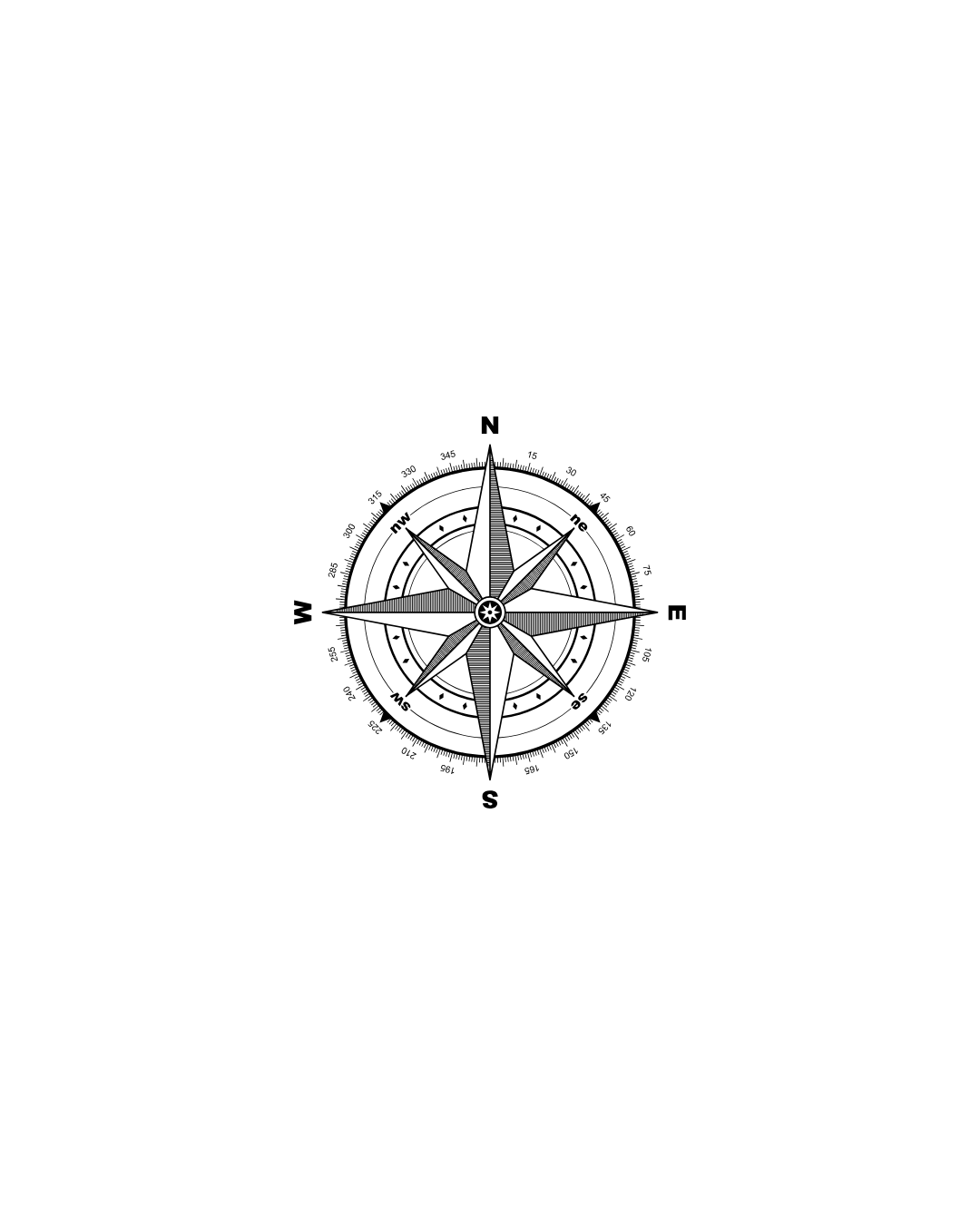Description
An Advanced Diploma in Jyotish & Vastu Shastra focuses on the ancient Indian sciences of astrology (Jyotish) and architecture (Vastu Shastra). This program aims to equip students with the knowledge and skills necessary to analyze celestial patterns and create harmonious living and working spaces according to Vastu principles. The curriculum combines theoretical knowledge with practical applications, fostering a deep understanding of how these traditional practices can influence well-being and prosperity.
Course Details:
Duration: Typically 1 to 2 years, depending on the institution and the program’s format (full-time or part-time).
Eligibility: Generally requires a high school diploma or equivalent; a background in spiritual studies or humanities may be advantageous.
Mode of Study: A mix of online coursework, classroom lectures, practical workshops, and case studies.
Curriculum:
The curriculum for an Advanced Diploma in Jyotish & Vastu Shastra typically includes the following components:
1. Introduction to Jyotish (Vedic Astrology)
History and Philosophy: Overview of the origins and philosophical underpinnings of Jyotish.
Planets and Their Significance: Detailed study of celestial bodies (grahas) and their influences on human lives.
2. Astrological Chart Analysis
Creating Birth Charts: Techniques for generating and interpreting natal charts (janam kundali).
House Systems and Signs: Understanding the significance of various houses (bhavas) and zodiac signs (rashis) in chart interpretation.
3. Predictive Techniques
Dasa and Bhukti: Study of planetary periods and sub-periods for making predictions.
Transits and Their Effects: Analyzing how planetary movements influence individuals and their experiences.
4. Vastu Shastra Principles
Basics of Vastu: Introduction to the principles of Vastu Shastra and their historical context.
Elements and Directions: Understanding the five elements (earth, water, fire, air, and space) and their relationships to directional energies.
5. Designing Harmonic Spaces
Site Evaluation: Techniques for analyzing plots of land and existing structures based on Vastu principles.
Space Planning: Guidelines for designing layouts for homes and workplaces that promote energy flow and well-being.
6. Remedial Measures
Astrological Remedies: Techniques for mitigating negative planetary influences through rituals, gemstones, and lifestyle changes.
Vastu Corrections: Strategies for rectifying Vastu deficiencies using structural changes, color schemes, and placements.
7. Case Studies and Practical Applications
Real-World Applications: Analyzing case studies of Vastu-compliant designs and successful astrological predictions.
Practical Projects: Hands-on projects where students apply their knowledge to real-life situations, such as evaluating homes or crafting astrological predictions.
8. Ethics and Professional Practice
Consultation Ethics: Understanding the ethical considerations in providing astrological and Vastu consultations.
Client Interaction: Skills for effectively communicating with clients and understanding their needs.
9. Advanced Topics
Astrology in Daily Life: Exploring how Jyotish can be integrated into daily decision-making and life planning.
Modern Applications of Vastu: Examining contemporary interpretations and uses of Vastu Shastra in architecture.
10. Capstone Project
Integration of Learning: A comprehensive project that demonstrates the student?s ability to combine Jyotish and Vastu knowledge in a cohesive manner, such as creating a detailed report or presentation on a specific case study.
Assessment:
Assessment methods in the program may include:
Written Examinations: Testing knowledge of Jyotish concepts, Vastu principles, and application techniques.
Practical Assignments: Evaluating students? abilities to analyze charts and spaces based on their coursework.
Project Presentations: Students may present their capstone projects or case studies to demonstrate their understanding and application of the concepts learned.
Career Opportunities:
Graduates of an Advanced Diploma in Jyotish & Vastu Shastra can pursue various roles, including:
Astrologer: Providing personal consultations, readings, and guidance based on astrological principles.
Vastu Consultant: Advising clients on how to create harmonious living or working environments based on Vastu Shastra.
Wellness Coach: Integrating Jyotish and Vastu principles into holistic wellness practices.
Spiritual Advisor: Offering guidance on personal and spiritual development influenced by astrological insights.
Educator: Teaching courses on Jyotish and Vastu at schools, colleges, or workshops.
This advanced diploma program prepares students to effectively blend the sciences of Jyotish and Vastu Shastra, enabling them to assist individuals and communities in achieving balance, happiness, and prosperity. If you have any further questions or need more specific information about the program, feel free to ask!









